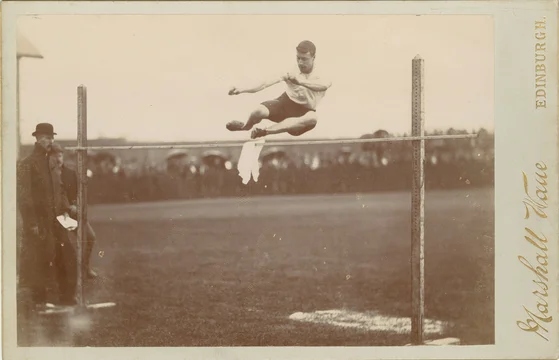
Judge Bryson resolved a large pile of motions in limine this month in IOEngine, LLC v. Paypal Holdings, Inc., C.A. No. 18-452-WCB (D. Del. June 15, 2022). What's a large pile, you say? About nineteen motions in limine total if I'm counting correctly.
The opinion hits a number of the old stand-by MILs, including that the accused infringer cannot call the patentee names like "patent troll" (we've discussed that before), that PTAB and IPR proceedings do not come in and the parties cannot talk about inequitable conduct (common results), and that general evidence about the parties' size/net worth is precluded (also not uncommon).
There were a number of interesting motions, though, including that the fact that the inventor spent his "life savings" or retirement fund on developing prototypes of the patented invention is excluded as irrelevant and prejudicial.
One ruling that I thought was particularly interesting was the idea that the patentee can offer evidence of infringement by testing, even if there is no damages case presented:
I declined to grant summary judgment of no direct infringement via testing, and in doing so I noted that “[w]hile the ‘volume’ of the alleged test transactions is vanishingly small, . . . evidence [of those transactions] is sufficient to create a triable issue of fact as to whether PayPal engaged in at least some acts of direct infringement of the method claims.” Id.
The basic thrust of PayPal’s motion is that evidence of direct infringement should be excluded because IOENGINE does not present a corresponding damages theory for that theory of infringement. It is true that Dr. Stec’s damages report does not discuss infringement via testing. However, de minimis infringement is still infringement, and IOENGINE would be entitled to nominal damages if it establishes that PayPal infringes the asserted claims by testing the accused products, even if IOENGINE presents no other evidence of damages resulting from that infringement. . . . Any potential for jury confusion that may result from the introduction of such evidence can likely be cured with an appropriate jury instruction. Accordingly, PayPal’s motion regarding evidence of direct infringement via testing is DENIED.
This fits with Federal Circuit precedent that a patentee can potentially prove damages without expert testimony. See Dow Chem. Co. v. Mee Indus., 341 F.3d 1370, 1382 (Fed. Cir. 2003) (remanding after trial, and holding that “reasonable royalty damages can be awarded even without [expert] testimony” where there is other evidence in the record, and that “section 284 is clear that expert testimony is not necessary to the award of damages, but rather ‘may [be] received . . . as an aid.’”).
But it's interesting given other cases we've noted where plaintiffs have had trouble after the Court excluded their damages expert testimony.
If you enjoyed this post, consider subscribing to receive free e-mail updates about new posts.





